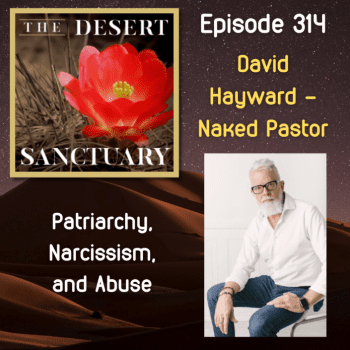The vitality of Geek Culture is now the driving force behind the new Hollywood event movies. Given the staggering costs of making movies, studios are using the geek media (particularly comics) as their de facto R&D wings. The top ten highest-grossing movies so far this year are all geek genre films -- superhero, fantasy, sci-fi. Of the 16 films to break the $100 million mark so far in 2010, only the geekish comedy Grown Ups, the noirish thriller Shutter Island, and the all-star rom-com Valentine's Day are not explicitly geeky, and only the latter qualifies as geek repellent.
The cuddly vampires of Twilight have no precedent in occult lore or fiction; they're superheroes. They're all beautiful, cultured, super-powerful and virtuous, and offer a fantasy in which a young girl's every wish is fulfilled (especially eternal love and eternal youth). We're not talking Nosferatu here: the X-Men is more like it. In fact, there are any number of superhero vampires in comic books with whom Edward Cullen and his family share at least superficial traits, as do the superhero vampires of the Underworld movies.
Upcoming big-screen incarnations of Green Lantern and Thor (a literal god, recast as an alien for the film) are the big buzz flicks of the moment, as are new Batman and X-Men sequels. But there is a limit to the public's geek enthusiasm. Violent anti-heroes like those seen in the brilliant Watchmen adaptation and the critically acclaimed Kick Ass don't resonate like unambiguously heroic figures as Batman and Iron Man do (though Kick Ass is shaping up to be a major hit on DVD). And there have been some spectacular geek failures: Speed Racer and Scott Pilgrim vs the World (in which the geek is the god), to name two.
As a lifelong geek (I was geek a long time before geek was cool, believe me), I'm constantly amazed by how much our pop culture seems like one great big comic book store. But as I argue in Spandex, everyone now feels the anxiety and helplessness that sent geeks, nerds and all of the rest of the outcasts into the warm embrace of escapism and fantasy. Those feelings show no sign of abating, giving current economic forecasts. And so geek subculture is now culture, period. Geek humor has colonized the networks as well: South Park, Family Guy, The Simpsons, and Big Bang Theory drink from the same well as Smallville. As if personifying some seismic shift, 80s uber-geek Jon Cryer shares top billing with 80s superstud Charlie Sheen on Two and a Half Men, the highest rated comedy on TV.
How far will all of this go? Outsiders (or 'civilians', as they're known in fandom circles) don't understand the various factions in the rapidly-expanding world of fandom. Many journalists are still locked into a 50s paradigm, where all of this fantasy is consumed by your classic nerd (i.e., male, pale, sweaty, awkward, antisocial). But the flower children began changing the face of fandom in the late 60s and early 70s. This shift was inspired by quantum leaps in pop culture quality:Marvel Comics, 2001: A Space Odyssey, and Star Trek, to name a few, as well as a revival of interest in J.R.R. Tolkien's Lord of the Rings and the pulp fantasies of H.P. Lovecraft and Robert E. Howard.
This mix of hippie and nerd gave rise to a new breed of mutant, the geek. Geeks are just as obsessive as nerds but tend to be happier and much more socially oriented than their angrier, more marginalized cousins. In 1977 Star Wars took a whole host of geek culture memes (as well as any number of themes and ideas borrowed from ancient myth) and made them all shiny and new. In doing so, Star Wars revolutionized the Hollywood blockbuster, and a parade of imitators completely revolutionized children's entertainment.
But it wasn't until the post-9/11 period that fandom really began to go mainstream. New gods like Harry Potter and the explosion of Japanese comics and cartoons made the Geek Nation a lot younger and a lot more female, and the runaway success of the Twilight series has upped the estrogen ante to a point that some male fans feel they are being squeezed out of the shared spaces of fandom (particularly the San Diego Comic-Con) altogether.
But experience-oriented spaces like Dragon*Con offer us a churning, vibrant and volatile culture of new gods. The conventions offer up boatloads of merchandise such as T-shirts, dolls, DVDs and books, paralleling the ancient trade in amulets, figurines, and other sacred tchotchkes. The biggest change is that the new secular gods are aspirational rather than inspirational. You take their place for a while, whether in your imagination or in a role-playing or gaming environment.
I first attended Dragon*Con in 2007, and I have to say that all of my years deep in the heart of geekdom never prepared me for the sheer otherworldliness of the experience. The Altanta Downtown Marriott (where we stayed) already looks like something out of Star Wars anyway, and to see it invaded by an endless parade of cosplayers -- many in costumes that put Hollywood to shame -- instilled a pleasantly powerful feeling of dislocation. We felt like we actually were on another planet and were actually meeting all of these gods and aliens we'd only heard about before. I realized that first night that Dragon*Con was nothing less than a pilgrimage, a new Eleusis.




